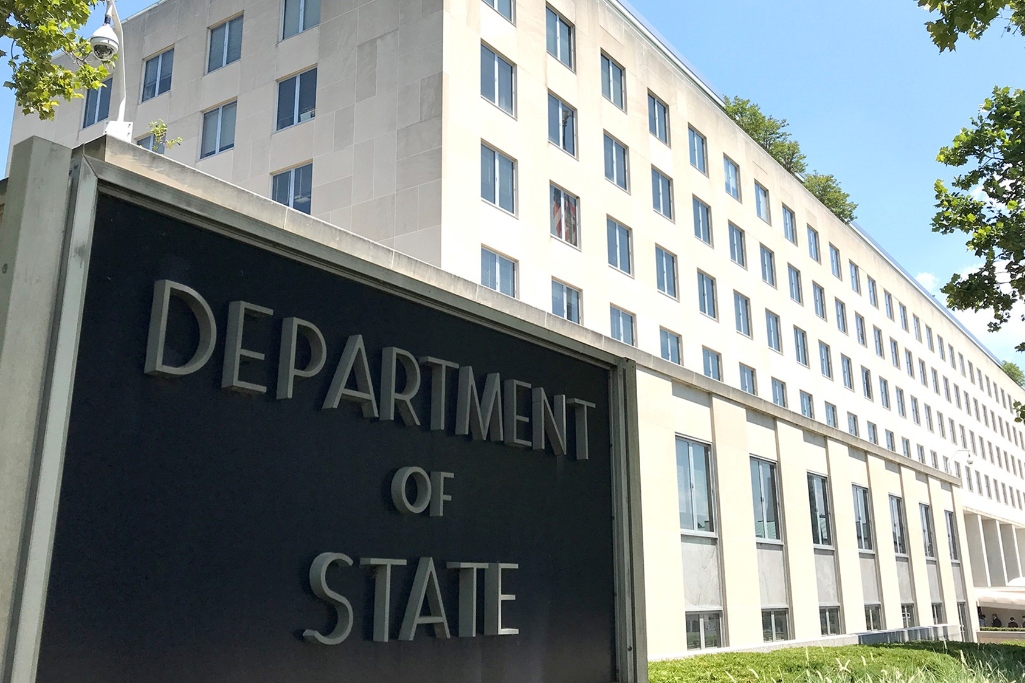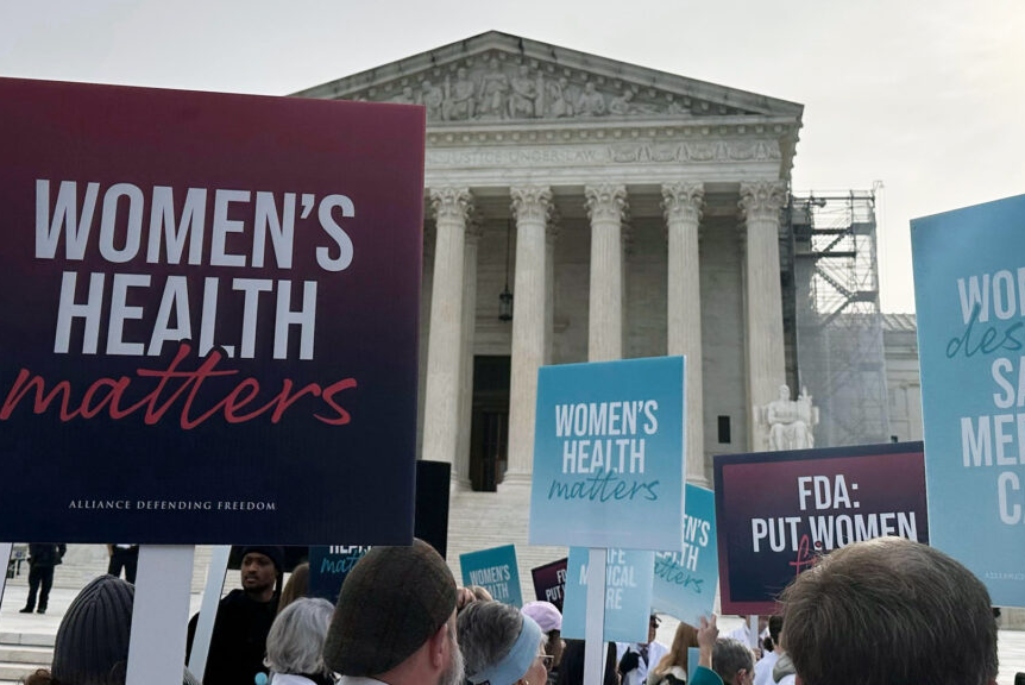NASHVILLE (BP) The Ethics & Religious Liberty Fee (ERLC) joined several other religious corporations in filing public responses on Tuesday (March 19), urging the U.S. State Section to revise two proposed rules connected to nondiscrimination in foreign assistance that they say would subordinate faith-based businesses.
The two regulations, proposed by the State Department on Jan. 19, would set up new nondiscrimination necessities for the two recipients and contractors of federal foreign help grants.
The laws would prohibit recipients and contractors from discriminating on the basis of race, ethnicity, shade, faith, intercourse, gender, sexual orientation, gender identity or expression, intercourse features, pregnancy, national origin, incapacity, age, genetic information and facts, indigeneity, marital position, parental position, political affiliation, or veterans status.
The ERLC and other teams are anxious that the proposed rulemaking will render religion-primarily based help vendors, lots of of which presently give valuable and needed products and services to their communities by means of federal overseas aid grants or needed products and services through overseas assistance contracts, ineligible to be a contractor or grant receiver by requiring them to go from their deeply-held beliefs encompassing gender and sexuality to fulfill new eligibility specifications.
The polices state discrimination could contain withholding, adversely impacting, or denying equitable accessibility to the added benefits supplied via these federal grants.
The undersigned companies affirm the Division of Condition for proposing regulations that would call for contractors and recipients of federal overseas help from the Department in the sort of grants or contracts to refrain from discriminating from beneficiaries or prospective beneficiaries, the public responses state.
On the other hand, we have major fears about the proposed rule requiring new varieties of nondiscrimination of staff members.
Unfortunately, the proposed modifications would subordinate faith-centered businesses and threat the loss of these businesses from partnering with the Condition Office in the shipping of foreign guidance, therefore undermining the foreign coverage objectives of the U.S. authorities.
Palmer Williams, typical counsel and senior policy advisor for the ERLC, highlighted the important function religious businesses do close to the planet.
Faith-centered businesses selflessly provide tens of millions of vulnerable individuals all-around the world and make up a vital component of international guidance efforts of the United States, Williams mentioned.
It is very important that these teams are supplied safety from discrimination based mostly on their deeply held religious beliefs. By signing up for with our allies in these prepared opinions, we urge the Section of State to rewrite their proposed rule to be certain that spiritual organizations are protected and capable to continue their crucial work.
Other signatories of the doc include Samaritans Purse, The Accord Network, Institutional Spiritual Liberty Alliance and Christian Legal Culture.
The 5 largest religion-dependent organizations that get these grants received about $613 million in yearly grant funding in 2023. They function in extra than 100 nations around the world to offer solutions together with drinking water, sanitation and cleanliness (Wash), displaced people and refugee assist, counter-trafficking expert services, and strengthening health care and justice systems.
To reduce these a decline, the doc suggests, we strongly propose to the Office of Condition our feedback down below on how to make guaranteed that its proposed procedures in the higher than-referenced dockets supply assurance to agency officers, key organizations, auditors, spiritual companies, and any other fascinated stakeholder that the State Section can and must keep on to operate with FBOs in overseas aid programming and that a FBOs spiritual character, affiliation, techniques, and expressions of religious beliefs will not preclude the FBO from total participation in Condition Office foreign support programming.
The two main parts of the proposed laws the corporations object to are the capable ban on employment nondiscrimination on the foundation of religion, intercourse, gender, sexual orientation, gender identification or expression, or sex properties, and the inclusion of a waiver in just about every regulation which they phone standardless and inadequate.
Relating to the former component, a request was created to clarify the language to definitively state how the rule will be applied.
The latter objection mostly refers to a segment in the proposed laws stating that a waiver of the demands of the rule can be granted if it is established to be in the ideal desire of the U.S. govt.
The proposed rule, thus, is arbitrary and capricious, the doc states, for the reason that it fails to think about a acceptable alternative, specifically, categorical exemption of spiritual businesses implementing for federal foreign help grants and federal acquisition contracts from the proposed work nondiscrimination demands.
The feedback deliver proposed revisions to the proposed rulemaking to deal with these objections which include introducing a additional defined categorical exception to the laws for religious firms, establishments, church buildings and related groups. A ask for is also created for the stress of evidence pertaining to this categorical exception to be altered so that it rests on the Condition Office to establish the applying group does not fulfill the criteria.
The whole textual content of the doc can be read through right here.
(EDITORS Be aware – Timothy Cockes is a author in Nashville.)


